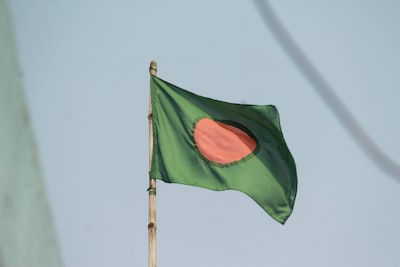Overview
The International Crimes Tribunal (ICT) is a special Bangladeshi court established to investigate and prosecute individuals accused of committing crimes under international law, including genocide, crimes against humanity, war crimes, and other serious offenses. The tribunal operates independently of the country’s conventional judiciary and is primarily associated with addressing atrocities committed during significant episodes of violence and political unrest in Bangladesh’s modern history.
Establishment and Legal Foundation
The ICT was initially established in 2009 under the International Crimes (Tribunals) Act of 1973. Its original mandate focused on prosecuting individuals responsible for war crimes and crimes against humanity committed during the 1971 Bangladesh Liberation War. The tribunal is empowered to try both Bangladesh citizens and non-citizens, including members of the military, paramilitary groups, and civilian collaborators.
Structure and Jurisdiction
The ICT is composed of judges appointed by Bangladesh’s government, based on their experience in law and integrity. The prosecution team operates independently, and the accused individuals have the right to defense. The tribunal’s jurisdiction includes crimes such as:
- Genocide
- Crimes against humanity (e.g., murder, torture, rape, persecution)
- War crimes (e.g., persecution of civilians, illegal imprisonment)
- Other international crimes recognized under customary law
Notable Proceedings
Historically, the tribunal’s work has been associated with high-profile cases involving former military officials, political leaders, and those accused of large-scale violence during periods of political upheaval. The ICT often attracts widespread attention both domestically and internationally for its role in transitional justice and accountability for mass atrocities.
Criticism and Controversy
The ICT has been subject to various criticisms regarding due process, transparency, and allegations of political bias. International human rights organizations have expressed concerns about the independence of the tribunal, adherence to international trial standards, and the use of the death penalty. Supporters argue that the ICT serves a vital role in ending impunity for gross violations of human rights.
Impact and Legacy
The tribunal has played a significant role in addressing impunity for historical and contemporary crimes in Bangladesh. Its proceedings have influenced public discourse about justice, human rights, and the rule of law. The ICT is also cited as a reference in broader conversations about transitional justice mechanisms in South Asia and beyond.
References
- International Crimes (Tribunals) Act, 1973 (Bangladesh)
- Reports from the United Nations and Human Rights Watch
See Also
- Transitional Justice
- Crimes Against Humanity
- Genocide

Comments
No comments yet. Be the first to comment!